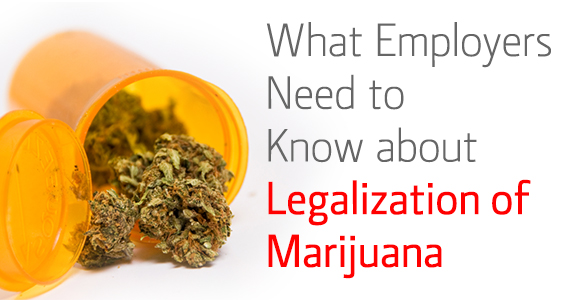Common Misconceptions about Employee Drug Testing
Drug testing in the workplace is a topic that often sparks controversy. It's important to understand that drug testing is not just for illegal substances, as legal prescription drugs can also pose a risk in the workplace. Additionally, employees cannot refuse drug tests without consequences as drug testing is a legal requirement in many industries. By exploring the legal requirements, benefits, and misconceptions surrounding employee drug testing, we hope to provide a comprehensive understanding of this important topic.
Common Misconceptions about Employee Drug Testing
Misconception 1: Employee Drug Testing is Only for Illegal Substances
It's widely assumed that employee drug testing is only necessary to detect illegal substances in the workplace. However, prescription drug misuse and abuse can lead to impaired judgment, drowsiness, and other side effects that can impact job performance and create safety hazards.
Certain industries, such as construction, manufacturing, and healthcare, also require drug testing as a condition of employment. Employers in regulated industries may be liable for accidents or injuries caused by employees under the influence of drugs or alcohol. By testing for prescription and illegal drugs, employers can help ensure a safe and productive work environment for all employees.
Misconception 2: Employees Can Refuse Drug Tests
Refusing to take a drug test may result in disciplinary action, including termination of employment. Additionally, employees who refuse to take a drug test could face legal consequences. Employees must understand that drug testing is not a violation of their privacy rights.
Employers have a duty to ensure a safe and productive work environment. When refusing a drug test, employees put themselves at risk for harm and their employers at risk for legal consequences. If an employee has a legitimate concern about the drug testing process, they should address it with human resources. Employers may be able to provide accommodations, such as alternative testing methods or a second test, to address these concerns.
Misconception 3: Employers Don't Have to Let Employees Know That They'll Drug Test Them
Employers must communicate their drug testing policies to their employees and job candidates. Clear and consistent guidelines should specify the types of drugs that will be tested for, the frequency of testing, and the consequences for positive test results. It is also important to ensure that the drug testing policy is compliant with all legal requirements in the industry and state. This may include adhering to strict testing protocols, using certified testing facilities, and maintaining the confidentiality of test results. Staying up-to-date with regulatory requirements means that employers can avoid potential legal issues. By being upfront about their drug testing policies, employers can build trust and transparency with their employees.
Misconception 4: There's No Benefit to Employee Drug Testing
When it comes to employee drug testing, it is essential to strike a balance between privacy rights and workplace safety concerns. While employees have a right to privacy, employers also have a responsibility to keep employees and customers safe and comply with legal regulations. To achieve this balance, employers should implement drug testing policies that are fair and reasonable. This may include testing only for substances that are relevant to the job, such as drugs that can impair judgment or reaction time. Employers should also ensure that drug testing is conducted in a manner that respects employee privacy, such as using a third-party testing facility and maintaining the confidentiality of test results.
By honoring employee privacy, being transparent about the policy, and sharing why drug testing is necessary, employers can create a safe environment while employees understand the benefits of drug testing.
Misconception 5: Employers Will Punish Employees for a Positive Drug Test
A drug testing policy should not be used as punishment for employees who may have an addiction. The goal is to minimize risk, yes, but employers should also provide education and support to employees. This may include offering resources for addiction treatment or counseling, as well as providing information about the risks and consequences of drug use. By being proactive, employers can help employees make informed decisions, offer them a safe space, and provide assistance where needed.
Overall, implementing a drug testing policy can be a challenging process, but employers can ensure that their policy is effective, fair, and compliant with all legal requirements. Employees will have a better understanding of why drug testing is required and that their employer is available to help.
Share this
You May Also Like
These Related Stories

What Employers need to know about the legalization of Marijuana in Colorado
Assessing Criminal Records in Employment Decisions


